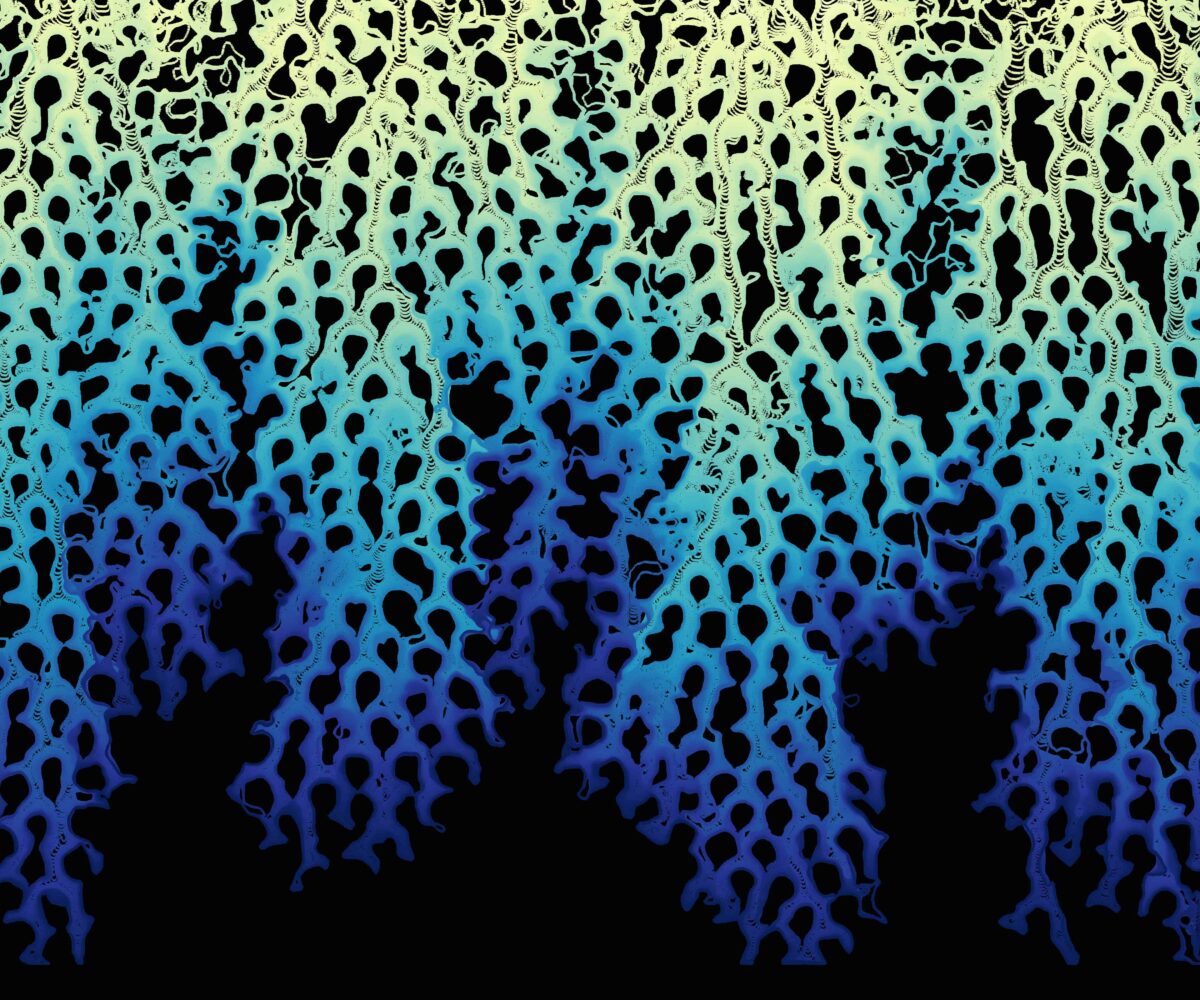Heat and mass transport in porous media: Insights from experiments, simulations, and modelling.
Mixing in porous media is relevant to several geophysical subsurface flows, such as water contamination, petroleum migration, sea ice formation and geological sequestration of carbon dioxide. In these processes, the fluid carries a dispersed phase (solute) that induces density differences within the fluid domain, resulting in convective motions driving the flow. The flow dynamics in these systems has a multiscale character: molecular diffusion controls solute mixing at the scale of the pores, while large-scale convective structures drive the flow, further enhancing mixing. Therefore, an accurate description of the long-term flow dynamics requires to account for both pore-scale and large-scale effects. In this work, we present our recent findings and modelling strategies of convective porous media flows. We focus on the process of geological carbon dioxide sequestration. We discuss simulations (namely pore-scale, Darcy-scale, and gravity currents) and experiments (Hele-Shaw and bead packs). Finally, we propose simple physical models to explain our findings and upscale our results, and we present the limitations of the approaches proposed.

